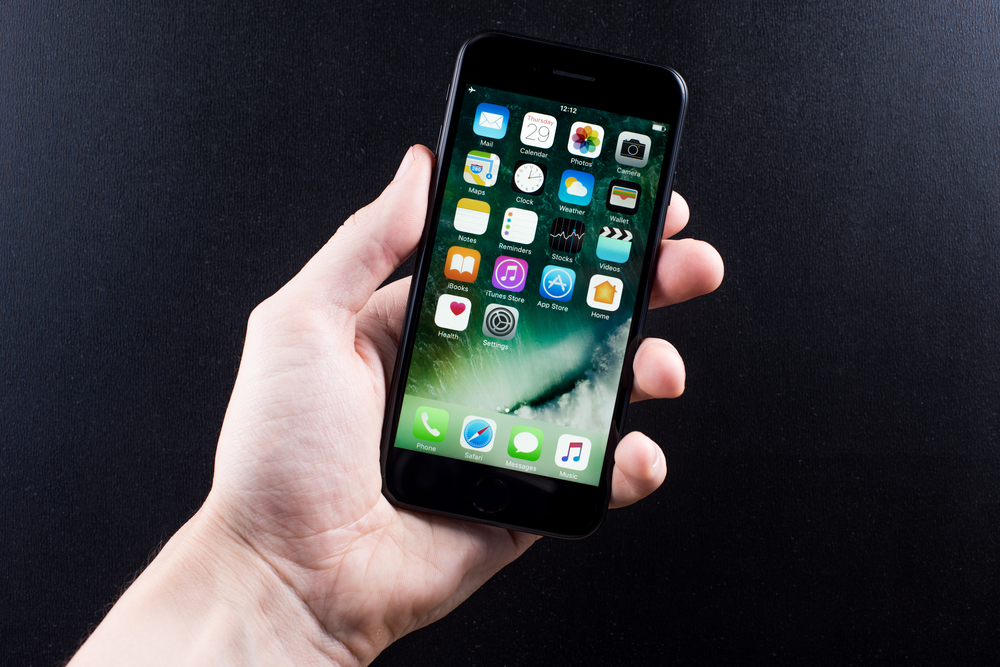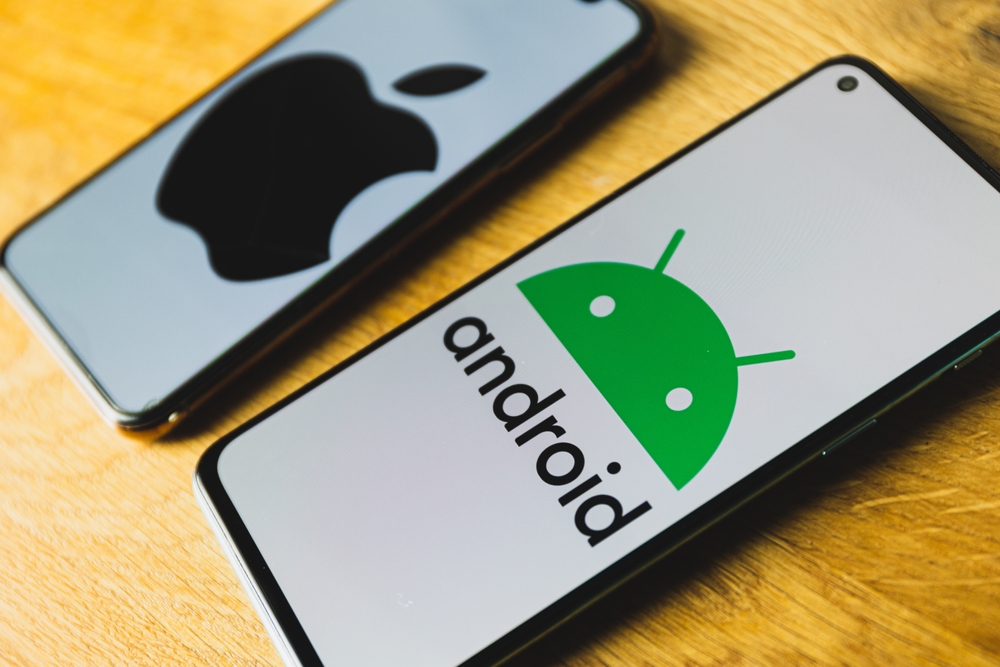
Unlocking Success: Expert Marketing Tips to Propel Your Mobile App to New Heights

Mobile apps have become an essential part of our daily lives. From ordering food to managing finances, there seems to be an app for everything. However, with millions of apps available across various platforms, standing out from the crowd can be a daunting task. That's where effective marketing strategies come into play. In this article, we will explore expert marketing tips to help propel your mobile App Store or Google Play app to new heights and unlock its full potential.
1. Understanding Your Target Audience
One of the first steps in marketing your mobile Google Play or App Store app successfully is understanding your target audience. Who are the people that will benefit from using your app? What are their interests, demographics, and pain points? Conducting thorough market research can provide valuable insights to tailor your marketing efforts effectively.
Additionally, analyzing user data such as demographics, location, and in-app behavior can help fine-tune your marketing strategy. By gaining a comprehensive understanding of your target audience, you can create personalized campaigns that resonate with them and increase app downloads.
2. App Store Optimization (ASO)
App Store Optimization (ASO) is crucial for getting your mobile app discovered in the crowded app marketplace. Similar to search engine optimization, ASO involves optimizing your app's metadata to improve visibility and drive organic traffic. Here are some ASO best practices:
- Choose a compelling app name that reflects its purpose and includes relevant keywords.
- Create a captivating app icon that stands out and represents the value your app provides.
- Write a concise and informative app description, highlighting its unique features and benefits.
- Add relevant and compelling screenshots and videos that showcase your app's features and user experience.
- Optimize your app's keywords to improve search rankings and visibility.
- Encourage positive app reviews and ratings, as they play a significant role in influencing user decisions.
3. Content Marketing and Social Media
Content marketing can significantly boost awareness and user engagement for your mobile app. By creating valuable and relevant content related to your app's niche, you can position yourself as an industry expert and build trust with your target audience. Here are some content marketing strategies to consider:
- Create a blog on your app's website and regularly publish informative posts, tutorials, and industry news.
- Guest post on popular blogs and publications to reach a wider audience and establish your app's credibility.
- Create engaging videos, such as app tutorials or user testimonials, and share them on platforms like YouTube and social media.
- Develop a social media strategy and actively engage with your audience on platforms like Facebook, Twitter, and Instagram.
- Collaborate with influencers or industry experts to promote your app and reach their followers.
4. Paid Advertising Campaigns
While organic marketing strategies are cost-effective, paid advertising can provide immediate results and amplify your app's visibility. Here are some popular advertising channels to consider:
- Google Ads: Utilize Google's expansive ad network to display your app as a sponsored result in search engine results.
- Social Media Ads: Leverage platforms like Facebook, Instagram, and Twitter to run targeted ads that reach your ideal users.
- In-App Ads: Collaborate with other app developers to display advertisements for your app within their apps.
- Display Ads: Advertise on popular websites and blogs that attract your target audience.
5. User Engagement and Retention
Once users have downloaded your mobile app, it's crucial to focus on user engagement and retention. By providing a seamless and delightful user experience, you can encourage users to remain active and even promote your app to others. Here are some strategies to improve user engagement:
- Regularly update your app with new features and bug fixes to keep users satisfied.
- Implement user-friendly onboarding to guide new users through your app's features.
- Offer rewards, discounts, or in-app perks to incentivize user engagement.
- Listen to user feedback and address their concerns promptly.
- Send personalized push notifications to re-engage users and remind them of your app's value.
Frequently Asked Questions
1. How long does it take to see results from app store optimization?
App store optimization is an ongoing process, and results may vary depending on various factors such as app quality, competition, and market demand. However, with consistent optimization efforts and regular monitoring, you can start seeing improvements in your app's visibility and downloads within a few weeks to months.
2. Is content marketing only effective for B2C apps?
No, content marketing can be effective for both B2C and B2B apps. mobile app By creating valuable content that addresses the pain points and challenges of your target audience, you can position your app as a solution provider, regardless of the target audience.
3. How can I encourage users to write positive reviews for my app?
Encouraging users to write positive reviews requires a combination of providing an exceptional user experience and strategically prompting users to leave a review. Consider implementing in-app messages or prompts after users have achieved a milestone or successfully utilized a valuable feature. Additionally, actively responding to user reviews, whether positive or negative, shows that you value user feedback and can encourage more users to share their experiences.
4. Should I focus on paid advertising or organic marketing strategies?
Both paid advertising and organic marketing strategies play essential roles in a comprehensive marketing plan. While paid advertising can provide immediate results and reach a wider audience, organic marketing strategies like content marketing and social media can help build long-term brand loyalty and reduce user acquisition costs. Ideally, a combination of both strategies should be utilized based on your app's goals and budget.
5. How can I measure the success of my mobile app marketing efforts?
Measuring the success of your mobile app marketing efforts requires tracking relevant metrics and key performance indicators (KPIs). Some common metrics to monitor include app downloads, user engagement, retention rates, conversion rates, and lifetime value (LTV) of users. Utilize mobile Android or iOS app analytics tools to gather data and gain insights into the effectiveness of your marketing campaigns.
In conclusion, successfully marketing your mobile iOS or Android app is crucial to stand out in the crowded app marketplace. By understanding your target audience, optimizing your app store presence, leveraging content marketing and social media, utilizing paid advertising strategically, and focusing on user engagement and retention, you can unlock your app's potential and propel it to new heights of success.
Other useful resources
- https://www.appguru24.com/promote-app/
- https://www.appguru24.com/promote-ios-app/